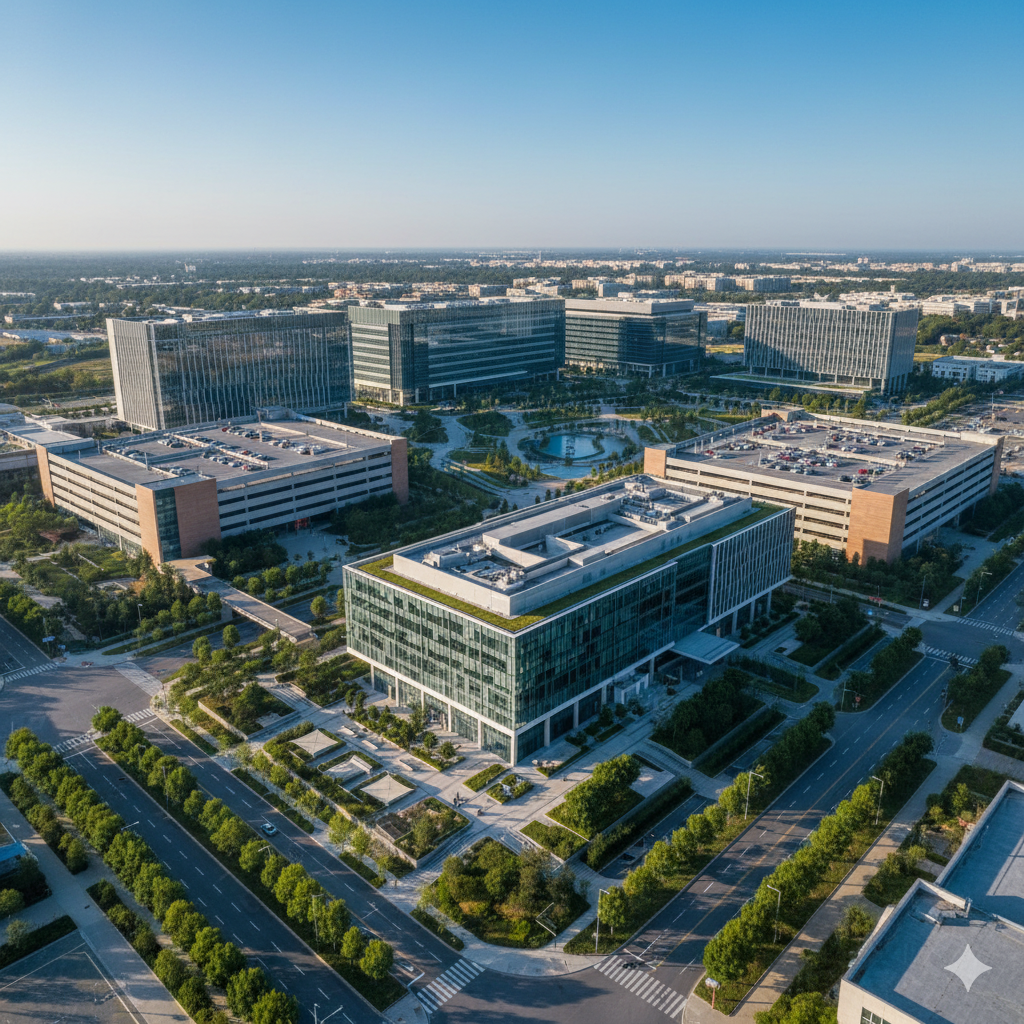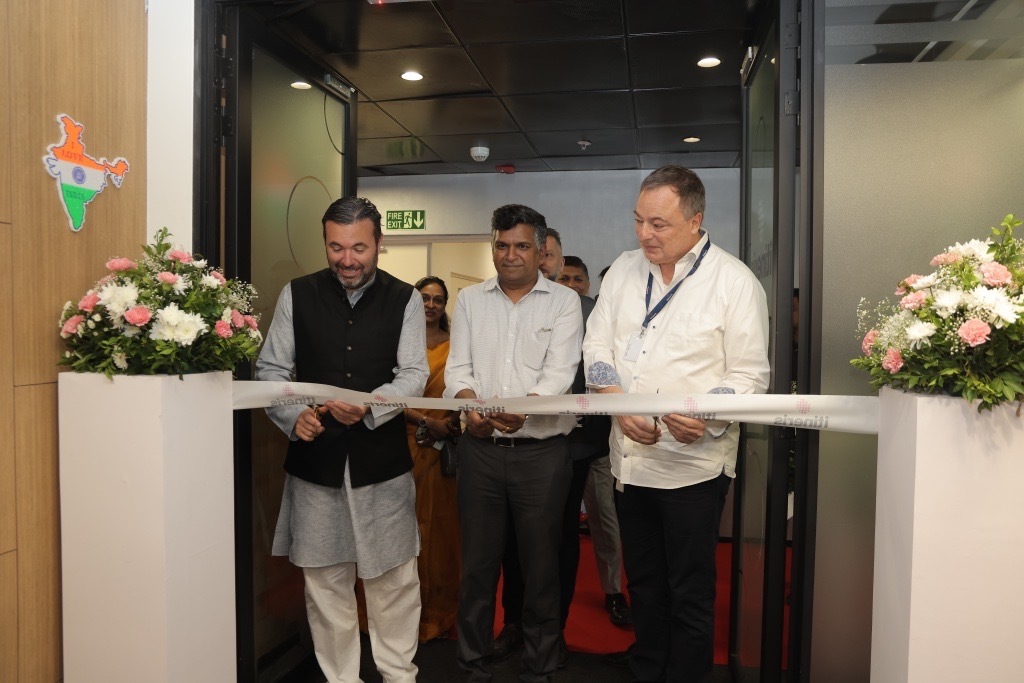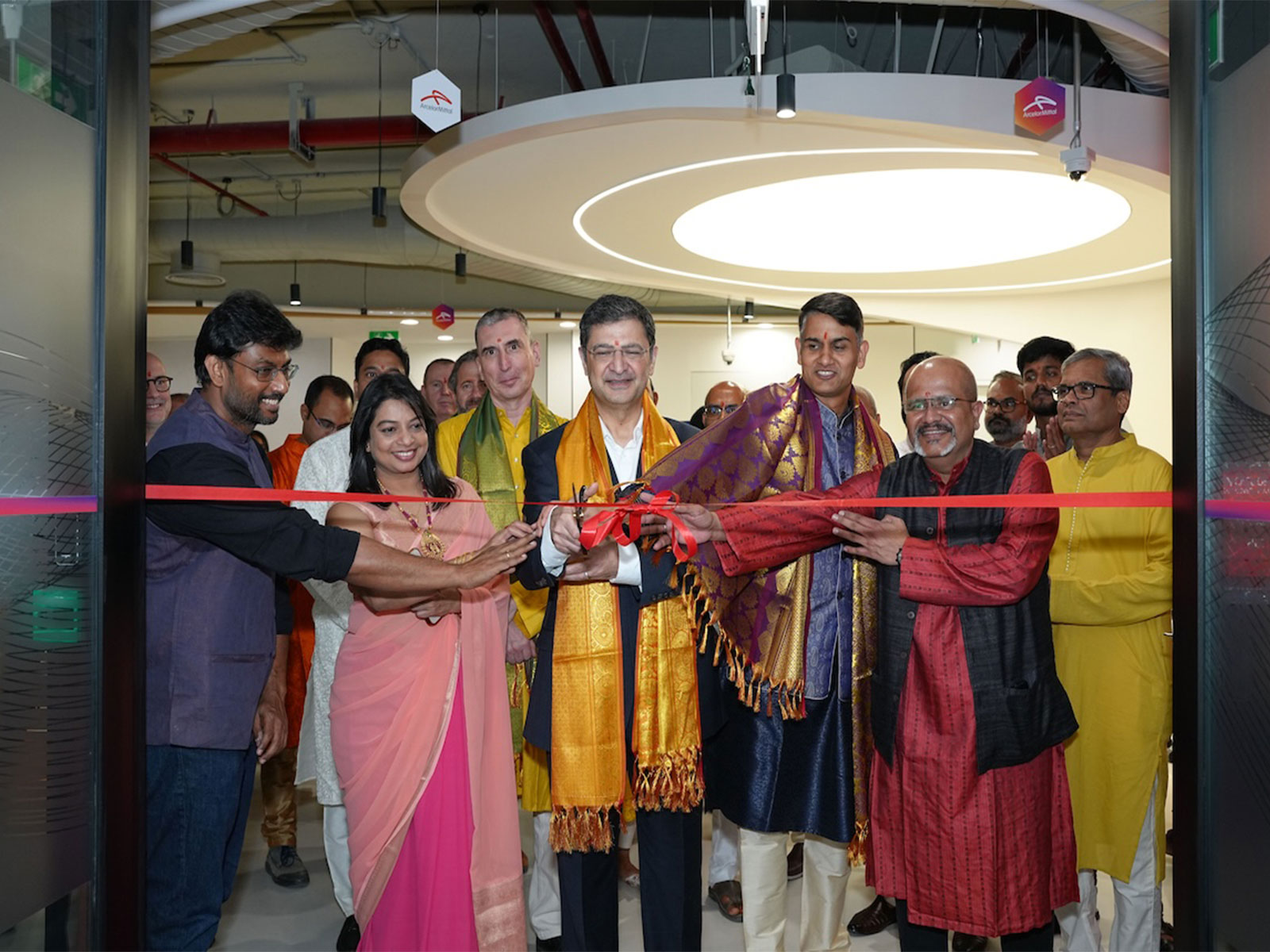Global Capability Centres (GCCs) in India are no longer just back-office operations. They have evolved into strategic innovation hubs, increasingly serving as pipelines for global leadership talent in multinational corporations (MNCs)
From Back Offices to Strategic Hubs
Traditionally seen as support centres handling call-centre and administrative tasks, Indian GCCs today carry out complex, high-value functions such as:
- Research & Development (R&D)
- Product management
- Technology operations
- Innovation & digital transformation
This transformation is reshaping the way MNCs view India-not only as a cost-efficient delivery base, but as a leadership development ecosystem
Rising Global Leaders from India’s GCCs
In the last two years, more than 10 executives from Indian GCCs have taken on global CXO roles at their parent companies. Some notable examples include:
- Sumit Mitra (Tesco) – Moved from Tesco’s Bengaluru GCC to the UK, leading coaching responsibilities across five countries
- Hari Vasudev (Walmart) – Former India tech leader, now Chief Technology Officer for Walmart US
- Tathagat Varma (Walmart India) – Elevated to global TechOps leadership in the US
Other companies such as SAP, CME Group, Providence, AP Moller–Maersk, Data Axle, BT Group, and Commvault have also nurtured global leaders from their India GCCs
Numbers That Tell the Story
- India is home to 1,750 GCCs, accounting for 17% of the world’s total
- These centres employed 1.9 million people in 2024, with services exports growing 40% to $64.6 billion
- By 2030, Nasscom projects GCC exports to reach $100 billion
- The number of global leaders emerging from Indian GCCs is expected to grow from 5,000 in 2022 to over 30,000 by 2030
On average, four global roles per GCC today are based in India—a sharp shift from the earlier “back-office only” perception
Expert Perspectives
- Amita Goyal (Zinnov): “GCCs are becoming a global leadership succession pipeline. Product management and innovation are now core functions out of India.”
- Vikram Ahuja (ANSR): “These are not outposts or order-takers anymore. Today’s GCCs are integrated into the core of the company, nurturing leaders who take on global responsibilities.”
A Talent Engine for the Future
The rise of Indian GCC leaders comes at a time when H-1B visa restrictions limit opportunities for Indian professionals in the US. Companies are increasingly shifting high-value work—and leadership responsibilities—to India.
By offering challenging roles, competitive compensation, and deep integration into global operations, GCCs are not only strengthening India’s innovation economy but also shaping the next generation of global CXOs
Conclusion
India’s GCCs are no longer just centres of operational excellence—they are breeding grounds for global leaders. With rapid growth, high-value functions, and leadership opportunities, GCCs in India are set to play a decisive role in shaping the future of multinational leadership pipelines worldwide
Visit Our News section and follow us on LinkedIn and Twitter
Read more full news: Here







